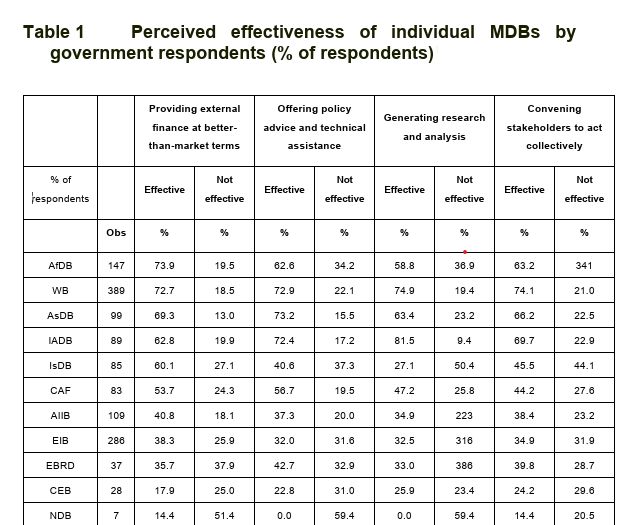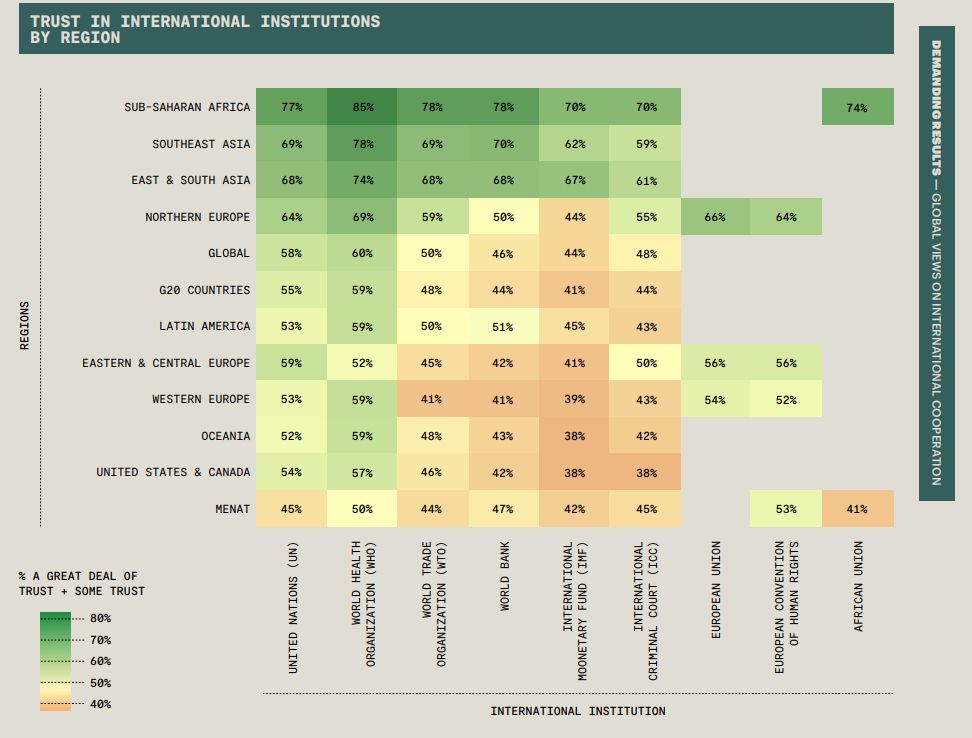Charles Kenny
@charlesjkenny.bsky.social
3K followers
340 following
1K posts
Fellow at the Center for Global Development, author of Getting Better and The Plague Cycle. (CGD doesn't have institutional positions, so don't blame it for mine).
Posts
Media
Videos
Starter Packs
Reposted by Charles Kenny
Reposted by Charles Kenny
Reposted by Charles Kenny
Reposted by Charles Kenny








